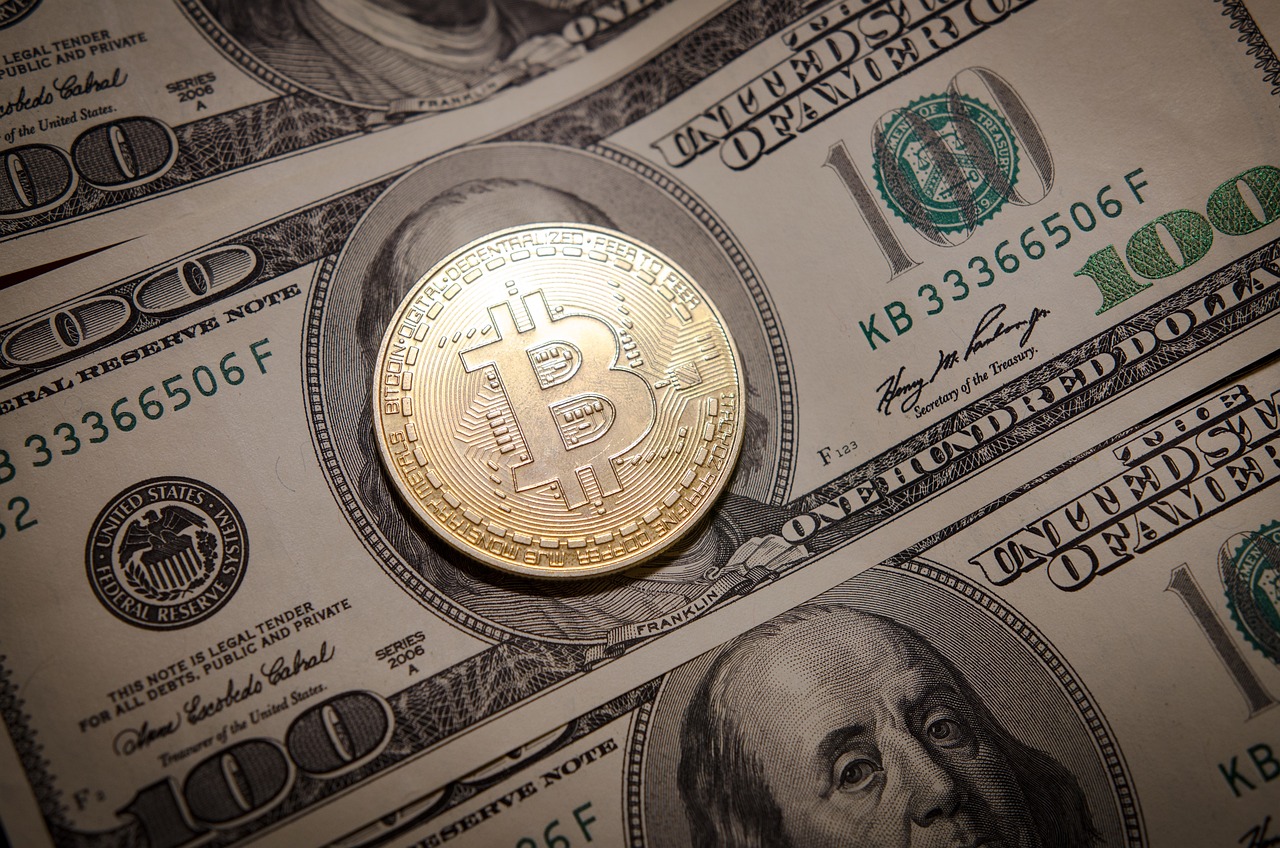
Monetary policy plays a crucial role in shaping an economy’s overall health and stability. One of its primary objectives is to control the money supply within the financial system. By influencing the money supply, monetary policy directly impacts key economic variables such as interest rates, inflation, and overall economic growth. So, how exactly does monetary policy affect the money supply?
A central bank, such as the Federal Reserve in the United States or the European Central Bank in the eurozone, typically conducts monetary policy. The manipulation of interest rates has become one of central banks’ main tools to influence the money supply. When a central bank wants to increase the money supply, it lowers interest rates. Reducing the cost of credit access for both enterprises and individuals encourages borrowing and spending.
As a result, banks are motivated to extend more credit, increasing the amount of money in circulation. In contrast, a central bank would boost interest rates to tighten the money supply. Borrowing becomes more expensive at higher interest rates, discouraging organizations and individuals from taking on further debt. As a result, banks engage in less lending, which lowers the amount of money in circulation.
In addition to changing interest rates, central banks use various strategies to control the money supply. For instance, open market operations entail the central bank purchasing and selling government securities. The money supply is increased when the central bank adds funds to the financial system by purchasing government assets. Selling government securities, however, causes the money supply to fall.
Furthermore, commercial banks may be subject to reserve requirements imposed by central banks. By raising the reserve requirements, central banks limit how much money banks may lend, reducing the amount of money in circulation. On the other hand, lowering reserve requirements enables banks to extend more loans, which raises the money supply.
Does Fiscal Policy Affect the Money Supply?
Yes, it does. It is very accurate to say that the government’s Fiscal Policies affect the amount of money in circulation. To promote economic prosperity, the government has crafted a working taxation controlling the country’s spending. Some policies are meant to oversee the interest rate and the amount of money in supply. Fiscal policies don’t just affect personal finance; they also affect government spending and all its tax policies.

Fiscal policies are often introduced when the government wants to stimulate economic development; they increase spending on public goods and services. This, in turn, will increase demand for these items, increasing production as well. And if production goes up, companies and industries must need more hands to maintain output, thereby creating more jobs for the unemployed.
It is also important to add that it is up to the federal reserve to fix the amount of money released out there. And unlike the popular belief that the available quantity of money in supply depends on the interest rate (which is also decided by the Feds), the Feds are always responsible for pulling all the strings.
Conclusion
Monetary policy directly influences the amount of money in circulation through several processes, such as manipulating interest rates, open market operations, and reserve requirements. By changing these instruments, central banks can affect lending and borrowing patterns, affecting the money supply and eventually determining a nation’s general economic circumstances. For policymakers, economists, and individuals alike, understanding the link between monetary policy and the money supply is essential in determining and predicting the direction of an economy.




